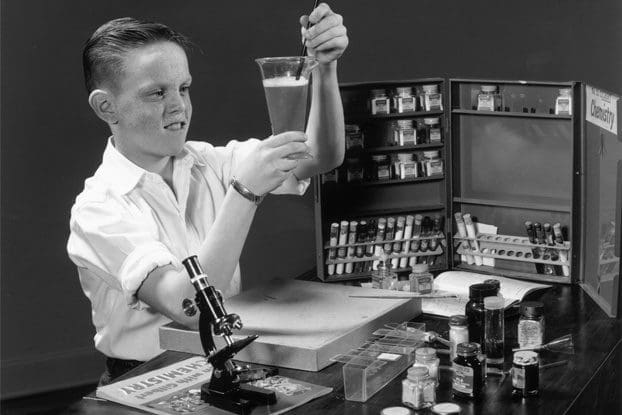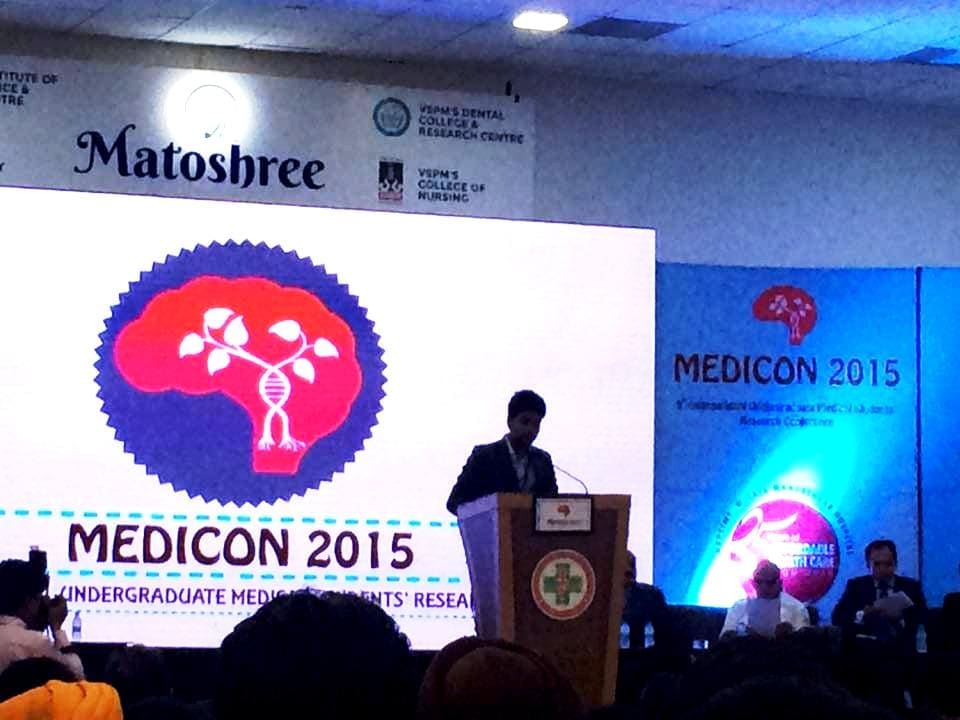
Well, hello and a very Happy New Year everyone! 2016 has officially started off, and most of us are still dazed at how swiftly 2015 has flown past us. And while we sit recapitulating what fantastic stuff we did, what crappy little things upset us, and certain things we wanted to do yet couldn’t, I want you to pause right there. And ask you to painfully get up and get a notepad and a pen (I know we are lazy people, so let’s do it when you’re done reading this) and jot down those “certain things” and vow to yourself that you will at least try to do them this year.

Now that being done, if those “Certain” things include becoming a world-famous YouTuber – I suggest you check out the Youtuber IISuperwomanII , and if it includes doing a research project (ICMR-STS) in your undergraduate years as an MBBS student, I suggest you give this article a read where I’ll try to help you based on my experience doing a project.
Caution: This article is NOT a set of mandatory instructions, nor is it absolutely correct about everything; it’s just a summary of sorts of the whole experience. So, let’s start:
Focus and Filter
Doing a research project being an MBBS undergraduate does nothing but accentuate your CV, especially so for those who want to apply for Post Graduate courses abroad. The first thing you’ve to do is choose which field you want to do your project on; it can be the subject that interests you the most (Ex. Microbiology or Medicine) or the one in which you want to do post-graduation.
Once that’s done, think of topics that you’ve been wondering about, which have intrigued you, and look through studies done on those topics. You can use sites like – GoogleScholar , PubMed, MedScape, ClinicalKey.

Catch the Maestro
In other words, get your project Guide. Usually, when doing an ICMR-STS, only one guide per student is allowed, and he/she should be a member of the teaching staff of your college from the start of your project till the submission of your project report. If you wish to do your project in a clinical subject, your guide will be busy. So it’s best to call them before meeting them and make an appointment.
They might have some topics in mind already for you, and you can show them topics you are interested in. Once you two sit together, you’ll be able to narrow it down to a few topics. Then again, you’ll have to go back and research them, find out aspects of the topics which haven’t been researched already and their significance in the field of medicine. After 3-4 meetings like that, you’ll have the final topic at hand. Just be patient and keep yourself updated with journals associated with the field of your project.

Write a protocol
Now the format to write a protocol varies from place to place; for ICMR, there is a proper format given in its official website. I’ll suggest you copy-paste the sections of relevant studies into a Word File and be careful to add the respective website addresses at the end of those sections. Makes your job a lot easier later while writing the references.
Before writing the protocol, read through that file and summarize it in your own words; it’s best not to quote sentences from other studies word-to-word. Once you are done with it, discuss it with your Guide to make the necessary changes. Sometimes the changes can be just minutes, while sometimes, the whole topic might change.
DON’T PANIC in those situations. Keep calm and track the last date of protocol submission (ICMR- STS: 10th Jan’16 for registration and 25th Jan’16 for protocol submission). To be on the safer side, be ready to upload at least a day before the last date( the site may crash on the last day due to too many people trying to upload it at the same time).

Doing the actual THANG!
Make a separate folder for files regarding your project and keep them properly labeled. Make copies of it and ensure you’ve also saved it in a pen drive (Note: the best way is to mail them to yourself, that way, they become permanently available online to you).
Keep a separate notebook for recording your study findings, and depending on your research methodology, keep post-its with short-term goals (Ex: By the 15th of this month, I have to finish taking 60 samples). That helps you stay systematic and attain your sample size quickly.
If it is an interview/questionnaire-based study, you need to interact with your study subjects. If they happen to be patients who only know the local language (and you don’t), ask for help from your friends who speak it well. Later you can thank them (with a gift) in your report in the acknowledgment. Research work needs people to work together, so keep helping each other out, and it’ll make the work a lot easier.

Writing the Report
The data collected needs to be analyzed. If you’ve been a part of such a project earlier, you might’ve already learned about that. If not, the go-to person for data analysis is the statistician of your college. Once that is done, you’ll have a rough idea of the outcome of your project. Sometimes it will align with your proposed hypothesis; at other times, it might contradict it completely.
In the latter case, you might be tempted to manipulate your outcomes. But it is absolutely UNETHICAL to do so. Discuss the findings with your Guide and present the results as they are in the report. Also you need to make a good case about your intentions while doing the project and possible reasons as to why you got what you got as your result in your report.
The ICMR report writing format and instructions are available on its website, and it’s best to stick to it. Once you’ve written a report, make sure you run it through a Plagiarism Check Software ( usually every college has got one, or else there are some available online as well). The plagiarism percentage should ideally be less than 5%, but it’s acceptable to 10% for ICMR. Make sure yours lies in that range, and re-edit your report if the percentage comes out higher.

I know it sounds like a lot of work, and it is a lot of work. But you get to learn many new things on the way, interact with many people, and apply for national and international conferences. If you do a project well, it can be your ticket to a trip in the form of a conference, and you might even win! Also, if the project is accepted by ICMR, you get a grant of Rs.10,000(which looks like a pretty sweet deal to me).
Sometimes you’ll get frustrated and feel like leaving it altogether, but have faith and don’t give up. Try and keep a clear mind, prioritize, and work. Award yourself with small treats each time you finish a process step. And most importantly, read the instructions correctly, keep track of deadlines, and get the study published in a reputed journal.
This article covers only a tenth of all the details involved in doing an ICMR-STS, so you need to interact with people near you who’ve already done it and keep checking out the ICMR website. Cheers!




Be the first to comment